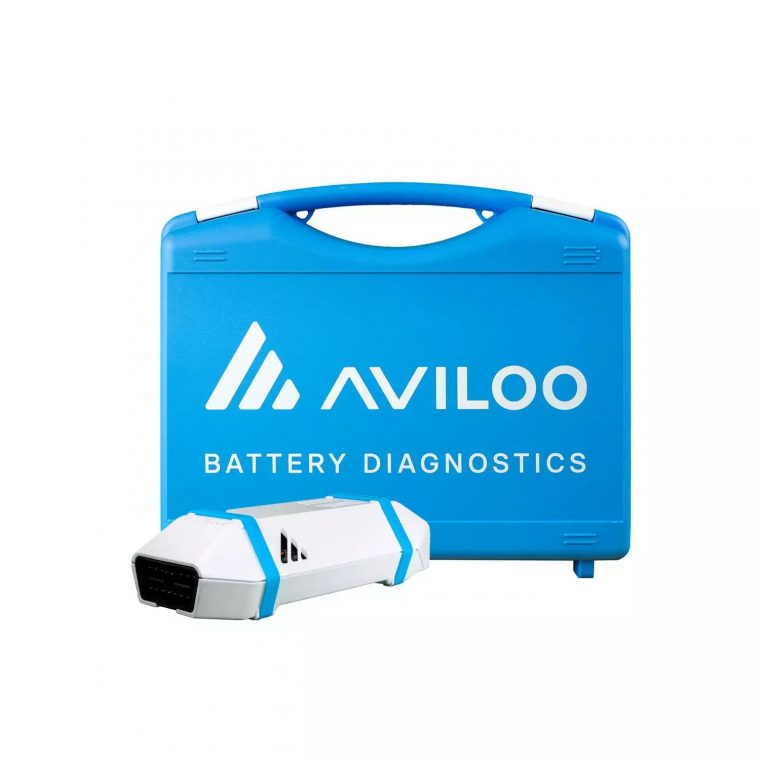Used Electric Cars in Ireland — Quick Tips for Charging, Battery Health and Longevity
- Used EVs are undervalued: Many second-hand electric cars in Ireland offer top tech and long range for far less than their new equivalents.
- Home charging is essential: Without a driveway and charger, running costs rise and convenience drops.
- Check battery health: Look for 90%+ State of Health; modern EV batteries are proving to be far more durable than many think, and warranties often last 8 years/160,000km.
- Do the basics: Always run a MotorCheck history report, review the service record, and test drive before committing.
- Extra savings available: VRT exemptions, potential SEAI grants, and lower running costs make ownership even cheaper.
Bargains in the Used EV Market
You may have noticed that many used electric cars are selling for far less than you might expect. Despite the rise and rise of electric cars in the new-car market, 4,913 battery-electric cars were registered in July 2025, up 57% from 3,129 in July 2024 — second-hand buyers often remain cautious. As my dear, departed dad would say “it’s just more to go wrong.”

That hesitation makes used EVs a fantastic buy. Right now, you can pick up a three-year-old Hyundai Ioniq 5 with the bigger long-range battery (around 500km on a charge) and ultra-fast 800-volt charging for about €30,000. That’s a huge amount of car for the money.
And that’s not an isolated deal — the Irish used EV market is packed with similar high-spec models at prices that would have been unthinkable just a few years ago. From well-equipped family SUVs to sleek saloons, there are opportunities across all segments if you know where to look.
So why aren’t more people snapping them up? It comes down to two big challenges that still hold back many would-be buyers: charging and battery health and longevity.
Challenge 1: Charging — Why Home is Key
Anyone trying to run an EV without a home charging point is in for a world of inconvenience and expense.
Why Home Charging Will Make or Break Your Used EV Experience
If you’re serious about buying a used electric car, having a driveway or private parking space with a charger isn’t just a nice-to-have, it’s a game-changer. Without it, you’ll be at the mercy of public charging, which is more expensive, less convenient, and still patchy in some areas.

With a home charger, every morning starts with what’s essentially a full tank and for a fraction of the cost of petrol or diesel. Take the Hyundai Ioniq 5 as an example: charging it overnight on a night-rate electricity plan costs roughly €10 for about 450km of real-world range. Spend the same €10 at a petrol pump, and you might get just 100km in a frugal diesel or petrol car.
The upfront cost of a charger typically €1,000–€1,600 can pay for itself surprisingly quickly in fuel savings, especially if you also have solar panels feeding into it. And while Ireland’s high-speed public charging network is expanding, long trips still require a bit of route planning. In short: if you can’t charge at home, an EV can be done, but it’s going to be harder work.
Challenge 2: Battery Health & Longevity — Myths vs Reality
Before you fall in love with a used EV, make sure the battery passes the most important test — its State of Health (SoH). This figure shows how much of the battery’s original capacity remains, and it’s the single best indicator of how much range you can expect in real-world driving.
Ask the seller or dealer for a formal battery health report. Many main dealers and EV specialists can produce one using manufacturer-approved diagnostics. As a rule of thumb, look for a SoH of 90% or higher — anything less may affect range enough to be noticeable, and it could hint at heavier-than-normal wear.

Also, check the warranty. Most EV batteries are covered for eight years or 160,000km, with a guarantee to replace or repair if capacity falls below 70% during that time. If the car is still within that period, you’ve got a safety net but even outside the warranty, a healthy SoH reading is a strong sign you’re getting a battery with plenty of life left.
For many buyers, the second-biggest fear is the battery “wearing out” but real-world data paints a much more reassuring picture.
Proof That Modern EV Batteries Go the Distance
If you’re still worried an EV battery won’t last, consider this: Germany’s ADAC — the country’s equivalent of the AA decided to put a Volkswagen ID.3 through what can only be described as a four-year endurance marathon. Over 172,000km, the car was pushed to its limits: climbing Alpine passes, blasting along the Autobahn at sustained high speeds, enduring sub-zero winters, and being fast-charged to 100% again and again, something often warned against for battery health.

By the end of this gruelling test, the results were remarkable. The ID.3’s 77kWh battery had lost just 9% of its original capacity, still delivering a real-world range of around 500km compared to its original 557km. In other words, even after years of hard use, the battery was still performing well above most people’s expectations and nowhere near the “dead after a few years” myth that puts off so many used EV buyers.
Financial Incentives for Used EV Buyers in Ireland
Even though most SEAI purchase grants apply to new EVs, there are still valuable supports for second-hand buyers:
- VRT exemption: Qualifying battery-electric vehicles can get up to €5,000 off the Vehicle Registration Tax.
- SEAI home charger grant: Up to €600 towards the installation of a home charging point.
- Toll discounts: Reduced toll rates on certain Irish roads for electric vehicles.
For full details on what’s available and how to apply, visit the SEAI Buying a Used EV page.
Buying Smart — A Quick Checklist
While charging and battery health are the big two, you should still follow the basics for any used car purchase:
- Run a MotorCheck history report.
- Inspect the car inside and out, and take it for a proper test drive.
- Review the service history.
- Negotiate based on inspection findings.
- If possible, get an independent pre-purchase inspection.
From Barriers to Bargains: Making a Used EV Work for You
If you can charge at home and confirm the battery’s in good shape, there’s little reason to fear a used EV. With strong warranties, low running costs, and often massive savings compared to new, the second-hand electric car market in Ireland offers some of the best value you’ll find — provided you tackle those two big challenges head-on.